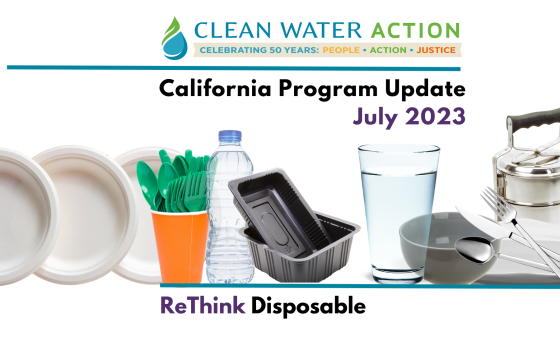
Join the ReThink Disposable Movement in California!
ReThink Disposable helps food service providers from restaurants to cafeterias to soup kitchens and music venues shift away from single-use foodware to resuable sustainable alternatives. Save money and save the planet - contact us to learn more!
Learn More





